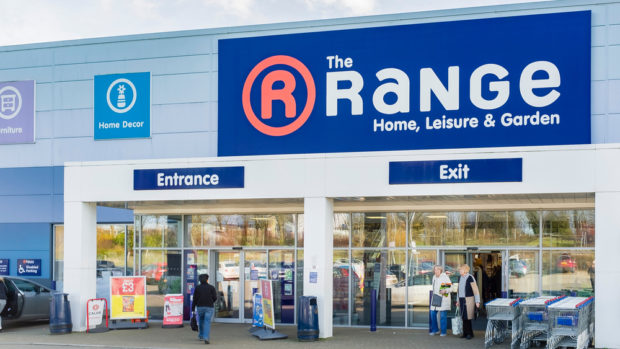
New research from Adyen, a payments platform, indicates that retailers that demonstrated a social conscience during the pandemic will win more customers once life returns to normal.
According to the survey, 62 per cent of Brits say that that a retailer’s ethics such as paying staff fairly, contributing to community, or caring about the environment – are more important to them now as a result of the pandemic. The majority (52 per cent) also said that they are now more likely to shop with retailers that have ethical suppliers or supply chains.
This sentiment is strongest amongst the younger generation, with nearly two thirds (64 per cent) of those aged 18-34 saying they will go out of their way to shop with responsible businesses that demonstrated a social conscience, and engaged with charitable initiatives during the pandemic. These trends highlight a shift in shopping behaviours as consumer become more socially aware following the pandemic.
Myles Dawson, UK MD at Adyen, comments: “The phrase ‘actions speak louder than words’ has reflected consumer attitudes towards retailers during the pandemic. It’s clear that consumers want to support the retailers that leant a hand in supporting the community. Rather than looking for bargain prices, more consumers are willing to pay a premium to shop with those that have social-conscience.”
While ethics will influence where consumers shop after the pandemic, the level of convenience retailers offered shoppers will also play a part. Adyen’s research reveals that, after the pandemic, over half of consumers (58 per cent) will only use recognised retailers that they can rely on to deliver goods quickly, and 54 per cent said an online retailer’s delivery partner is an important factor when choosing to shop with them. The survey also suggests that consumers remain cautious about social interaction; 49 per cent say they want to shop with retailers that use technology to reduce person-to-person contact, such as self-checkout with mobile apps, or kiosks.
“Convenience has been a huge feature of adaptation during lockdown as people have been mindful of rules around social distancing. Retailers that harness technology to meet shopper expectation will have retained a larger customer base. In particular, those that blur the lines between physical and online offerings, such as shopping online and collecting in-store, will fare well as life in the UK gets back to normal,” Dawson concludes.








Share